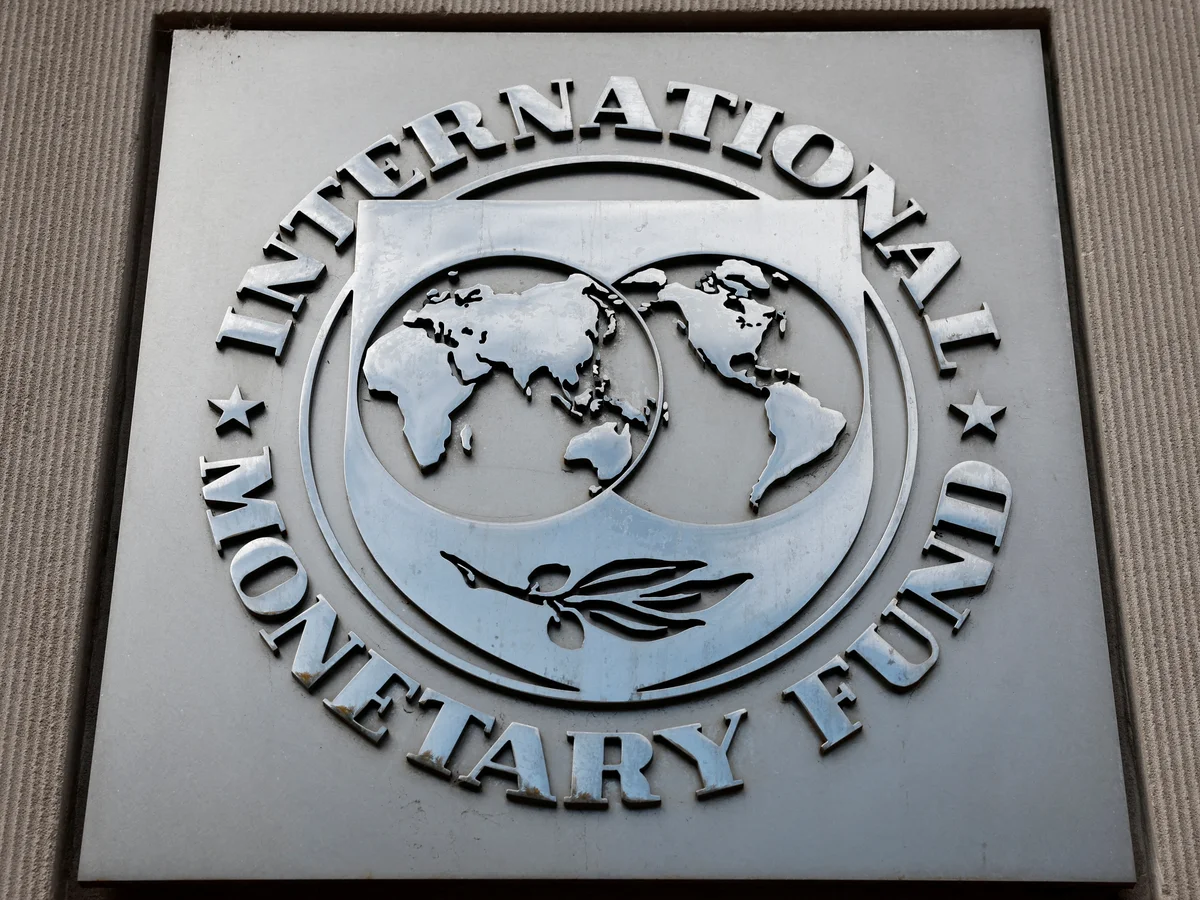A new IMF report finds that President Donald Trump's broad tariffs—now their highest in a century—are having a major decelerating effect on global economic growth. The IMF's latest projections indicate that both advanced and developing economies are being hit hard, with the United States and China among those most impacted. The uncertainty and tit-for-tat measures generated by these tariffs are driving recession fears and sapping global financial stability.
Global Economic Impact
-
The IMF reduced its forecast for global growth in 2025 to 2.8% from 3.3% in January, a significant slowdown and below the long-term average for the next two years.
-
The global economy is set to grow modestly at 3% by 2026, below the historic average of 3.7%.
-
IMF credits Trump's new tariffs with almost half the downgrade in U.S. growth projections, with the disproportionate role of trade policy uncertainty.
United States: Largest Downgrade
-
The U.S. experiences the largest downgrade in advanced economies with growth now predicted at only 1.8% in 2025, down from January's 2.7% and last year's 2.8%—a whole percentage point decrease.
-
US inflation is forecast to stay stubbornly high, at 3% by the end of 2025, a whole point higher than previously anticipated.
-
The odds of a U.S. recession have increased, with the IMF increasing the likelihood from 25% to as much as 40% this year.
-
The tariffs—10% on virtually all imports, and as much as 145% on Chinese products—are jolting supply chains and leading businesses to hold back on investment.
China and Other Major Economies
-
China's expansion is expected to weaken to 4% in 2025, half a percentage point lower than before, on both U.S. tariffs and Chinese retaliation.
-
The European Union and Japan also suffer, although less so than the U.S. and China. The eurozone will expand 0.8% in 2025, while Japan's growth falls to 0.6%.
-
Retaliatory tariffs are ramping up: China has set 125% tariffs on American goods, and the EU and Canada have promised more action in the event of further escalation of the trade war.
Emerging Markets and Developing Countries
-
Poorer countries are beginning to hurt, with the Mexican economy now projected to contract by 0.3% this year, a dramatic reversal of initial growth projections.
-
South Africa's growth is downgraded to only 1% for 2025.
-
Canada's forecast has also become gloomier, with 2025 growth projections trimmed to 1.4%, down from 2%.
Risks, Uncertainty, and Policy Response
-
IMF warns the risk of global recession, while still under a third, is increasing on rising trade tensions, financial volatility, and emerging markets' potential debt crises.
-
Uncertainty in policies is a big driver behind the downgrades as companies refrain from investing under unclear tariff announcements and continuous negotiations.
The IMF emphasizes the paramount need for central bank independence to deal with inflation expectations and ensure financial stability, particularly in the U.S. as political pressure on the Federal Reserve has mounted.
Sources: Washington Post, CBC, CNN, New York Times, Reuters, BBC, Al Jazeera, NPR





